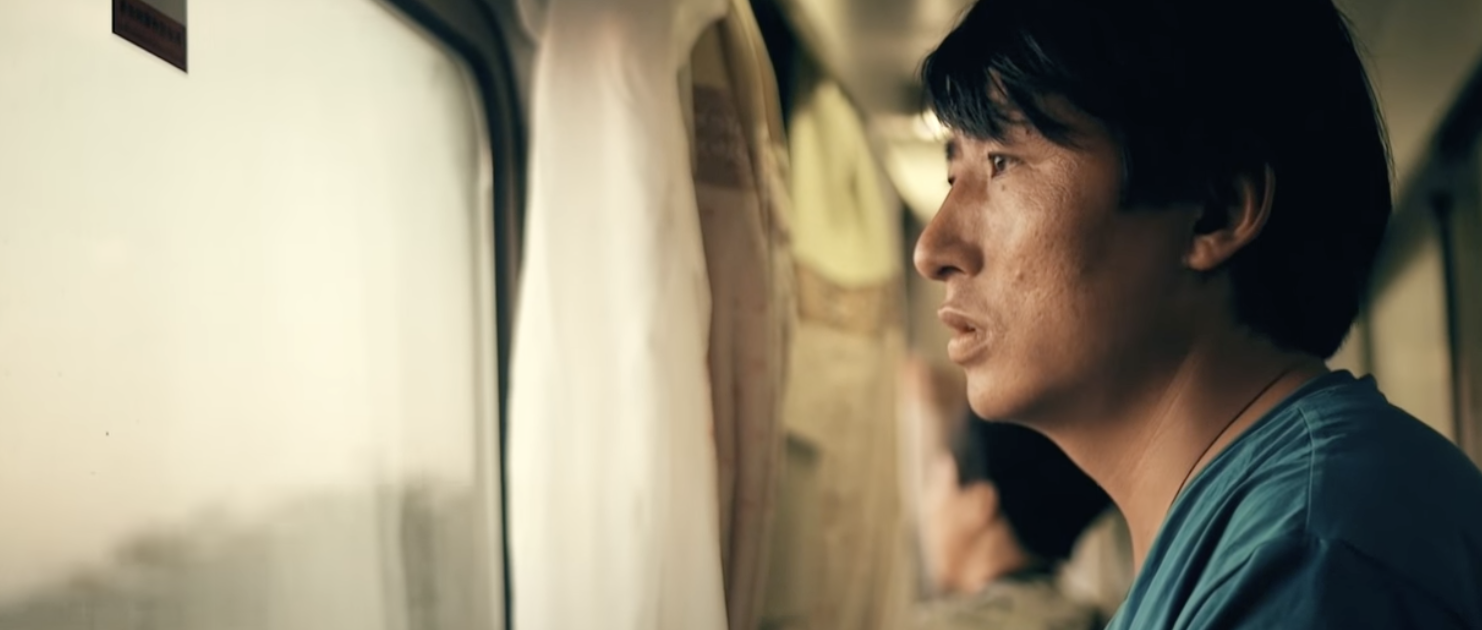
A gang of thugs hiding their identities attacked Tashi Wangchuk for continuing to support the preservation of the Tibetan language despite the government’s push to make Mandarin the official language in the Tibet Autonomous Region.
Though masked, the thugs could not have feared being punished by the Chinese Communist Party state and probably acted as its hirelings. The coordinated, state-sanctioned nature of the assault is suggested by the fact that after Tashi got beaten up on August 19, hotels, the police, and apparently even a hospital treated him as a perpetrator rather than a victim to be helped. Free Tibet reports (August 21, 2023):
He filmed a video near Darlak County Nationality Middle School, which he posted on the Chinese social media platform Douyin before travelling to a hotel where he was hoping to stay.
At around 8pm, Tashi Wangchuk’s hotel room door was forced open and he was beaten and kicked by a group of men wearing masks for around 10 minutes. He believes he was followed to his hotel from the school….
Police arrived at his hotel room at around 9pm and took him to the police station for questioning, where Tashi Wangchuk stayed until around 11:30pm. During this meeting, police forced Tashi Wangchuk to erase photos and videos he had taken earlier that day from his phone.
After being rejected from the hotel he was staying and several other hotels, he instead went to Darlak County Hospital, where he asked the doctor to check his head. The doctor responded that the CT scanner was broken. Tashi Wangchuk spent the night on a stool on the first floor of the hospital, where he composed a detailed account of the day’s events, including his beating and what he referred to as “crime by gangs and illegal acts by government officials who break the law and cover for each other.”
The Chinese government had arrested Tashi in 2016 for the non-crime of “incitement to separatism” shortly after a profile on him appeared in The New York Times. Eventually, he was sentenced to five years in prison. He was released in 2021.
He had told the Times: “If this comes to an end and I’m locked up and cannot proceed with what I’m doing, and they force me to say or do things I don’t want to say, I will choose suicide.”
Fortunately, Tashi Wangchuk has not made that choice. And like others sent away for years for challenging unjust diktats of the Chinazi state, he is not so chastened by his experience in prison as to be inclined to stop talking about the things he cares about.





